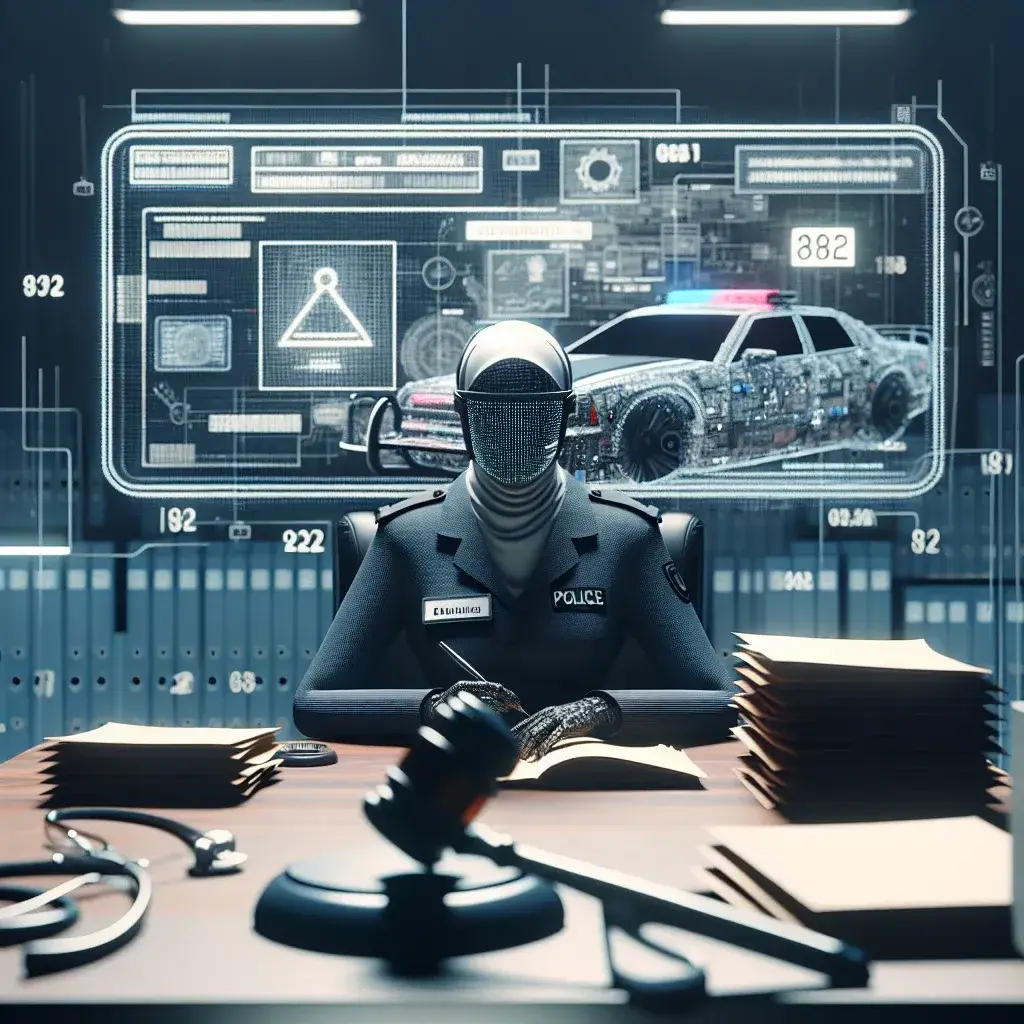Introduction
In recent years, the deployment of automated license plate reader (ALPR) technology by police departments across the United States has sparked significant debate. While proponents argue that ALPRs enhance public safety and aid in criminal investigations, the retention of the data collected has led to a wave of lawsuits against police departments. This article delves into the intricate landscape of these legal challenges, examining the implications for civil rights, privacy, and law enforcement practices.
What Are Automated License Plate Readers?
Automated License Plate Readers (ALPRs) are sophisticated tools equipped with cameras and software designed to capture and analyze license plate information. When a vehicle passes an ALPR, the device records the license plate number, along with the date, time, and location of the capture. This data is then stored in databases that can be accessed by law enforcement agencies.
The Rise of ALPR Technology
Adoption of ALPR technology has surged in the past decade, primarily due to its perceived effectiveness in solving crimes such as theft and trafficking. Police departments tout the benefits of real-time data access, which can help locate stolen vehicles or identify suspects in ongoing investigations. According to a report from the Bureau of Justice Statistics, more than 75% of police departments now utilize some form of ALPR technology.
Retention of ALPR Data: Legal Issues Emerge
Despite the advantages, the retention of ALPR data is controversial. Critics argue that the extensive storage of this information raises serious privacy concerns. When police departments retain ALPR data for extended periods, it can lead to tracking individuals without just cause, infringing on civil liberties.
Key Legal Cases
Several lawsuits have emerged across the nation, challenging the practices of police departments regarding ALPR data retention. Some notable cases include:
- The American Civil Liberties Union (ACLU) v. Police Departments: In this case, the ACLU sought to challenge the retention policies of various police departments in California, arguing that they violate constitutional rights.
- Privacy Concerns in New York: New York City faced legal action after allegations surfaced that the NYPD retained ALPR data for years without adequate oversight or justification.
Implications for Privacy and Civil Rights
The lawsuits highlight broader concerns regarding surveillance and the erosion of privacy in an age of advanced technology. Legal experts suggest that the outcomes of these cases could set significant precedents for how law enforcement agencies handle sensitive data.
Arguments For and Against Data Retention
There are compelling arguments on both sides of the debate regarding ALPR data retention:
- Arguments For Retention:
- Improved Crime Solving: Proponents assert that retaining ALPR data enables law enforcement agencies to solve crimes more effectively.
- Public Safety: Advocates argue that the safety of the community should take precedence over individual privacy concerns.
- Arguments Against Retention:
- Invasion of Privacy: Critics contend that the indiscriminate collection and retention of data amount to unwarranted surveillance.
- Potential for Abuse: There are fears that retained data could be misused for purposes beyond law enforcement, such as tracking individuals’ movements without justification.
A Historical Context
The use of ALPR technology is not isolated from historical trends in surveillance and policing. From the introduction of CCTV cameras in public spaces to the current debates surrounding facial recognition technology, each innovation has prompted discussions about privacy rights and civil liberties.
The Evolution of Public Sentiment
Public sentiment has evolved alongside technological advancements. Initially embraced as tools for enhancing public security, surveillance technologies have increasingly come under scrutiny as their implications for privacy become clearer. According to a Pew Research Center survey, over 60% of Americans express concerns about government surveillance in their daily lives.
Future Predictions: A Shifting Landscape
As legal challenges against police departments regarding ALPR data retention continue to unfold, the future remains uncertain. Legal experts anticipate that these cases may catalyze a re-evaluation of how law enforcement agencies utilize technology.
Predicted Legal Outcomes
Possible outcomes of ongoing lawsuits may include:
- Implementation of Stricter Data Retention Policies: Courts may mandate that police departments limit the duration for which they can retain ALPR data.
- Increased Transparency: Law enforcement agencies may be required to disclose their data retention practices to the public.
Steps for Police Departments Moving Forward
In light of the challenges posed by ongoing litigation, police departments should consider taking proactive measures to address concerns associated with ALPR data retention:
- Review and Revise Policies: Departments should assess their data retention policies to ensure they comply with legal standards and protect civil liberties.
- Engage with Community Stakeholders: Open dialogues with community members can foster trust and transparency regarding the use of surveillance technology.
- Invest in Training: Proper training for officers on the ethical use and limitations of technology can help mitigate potential abuses.
Conclusion
The lawsuits surrounding the retention of automated license plate data by police departments represent a significant intersection of technology, law enforcement, and civil rights. As these legal battles unfold, they will undoubtedly shape the future of policing and surveillance practices across the country. It is imperative for law enforcement agencies to navigate these challenges thoughtfully, balancing public safety needs with the protection of individual rights.
Call to Action
For those concerned about the implications of ALPR data retention, consider engaging with local advocacy groups or attending town hall meetings to voice your concerns. Staying informed and involved is crucial in shaping the future of surveillance practices in our communities.

